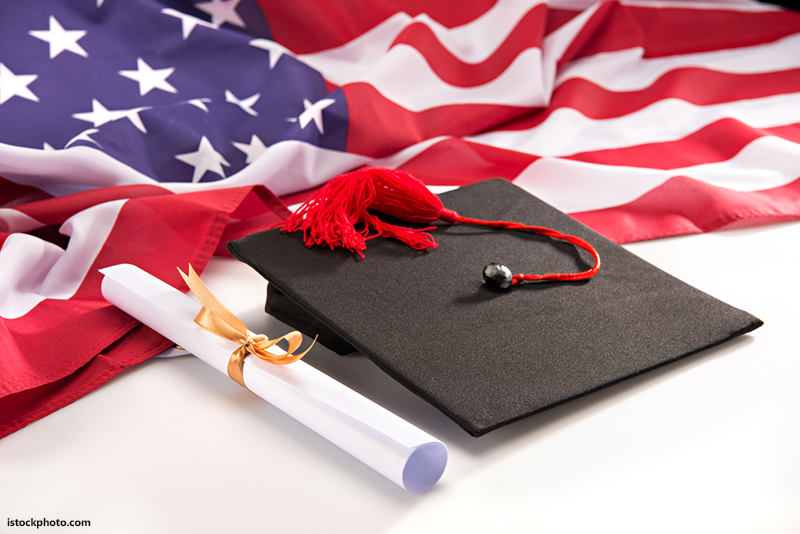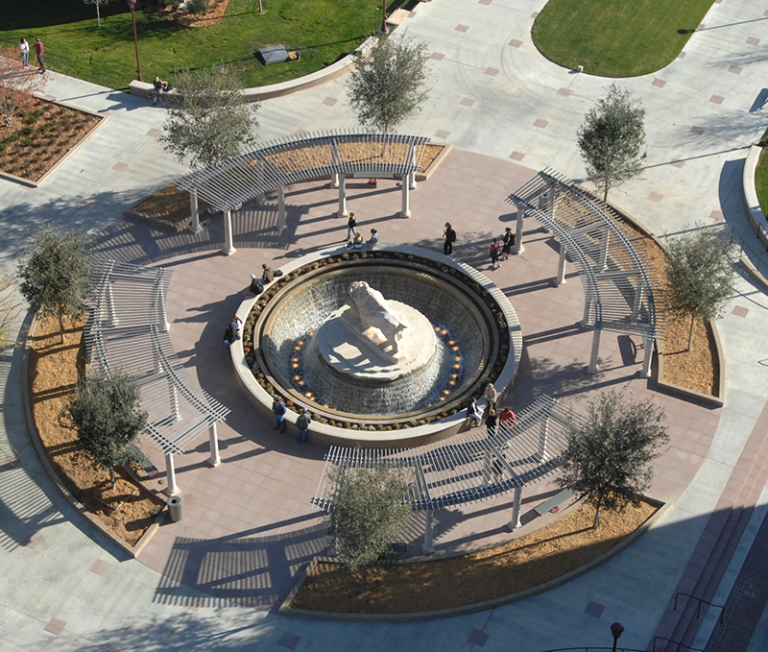
Americans are losing faith in higher education, and the data backs it up. A recent Gallup analysis shows the nation is now split, with just as many people expressing low confidence in colleges and universities as those who still believe in them. Why the divide? Institutions earn or squander trust according to their accomplishments or failures. Americans are watching and drawing conclusions based on perceived value and measurable outcomes. Civic impact was high on the list of positive effects until it wasn’t.
Several shifts have caused universities to drift away from their civic roots. Historically, the pillars of national life have shaped character, prepared citizens and served the common good. The Morrill Act of 1862 began a march toward the public civic university that has missed a few steps, leading to an erosion of public trust. Lately, too many institutions are increasingly viewed as elite, ideological and disconnected. Four major transformations are evident.
- From Civic Mission to Career Credentials: America’s early colleges, especially land-grant and liberal arts schools, clearly aimed to prepare leaders for a free constitutional republic regardless of vocation. They emphasized civic virtue, moral responsibility and the common good. Today, many universities are primarily engines of credentialing and careerism. The liberal arts have been pushed aside in favor of singularly technical degrees, often stripped of ethical or historical context. Students are trained for work alone, not educated for citizenship. This shift has left many with the impression that higher education now serves private ambition more than public purpose. Universities must herald the importance of vocational training in all disciplines from art to zoology for the good of individuals and the state, but stopping there falls short. Citizenship lives in the cohesion of vocation and community.
- Growth without Grounding: Traditionally, universities were smaller, locally guided and shaped by religious conventions and community values. After World War II, federal funding through the GI Bill dramatically expanded access, and appropriately so. But growth brought bureaucracy. Leadership shifted from faculty and trustees to sprawling administrations. Universities became large, impersonal organizations. Clark Kerr dubbed them “multiversities,” serving government contracts, global markets and private interests. Civic mission fell through the cracks.
- Ideological Narrowing and Cultural Fragmentation: Universities formerly shared a broad American civic and cultural framework, even if rooted in different faiths or regions. It was enlightenment thinking at its best. Today, many see higher education as ideologically one-sided: progressive in contemporary usage, unpatriotic and unaccepting of religious views. These perceptions of universities are powerful in conservative and rural communities. Meanwhile, abandoning a shared core curriculum replaced by hyper-specialized majors and identity-based programs has fragmented the educational experience. The result is a weakening of national cohesion and a loss of a common civic narrative.
- Humility and civic purpose seem rare: Universities should be places of humble inquiry. Truth should be pursued through dialogue, discipline and an openness to transcendent truths internally and for the larger community. That humility is fading. Too often, activism now replaces inquiry. Institutions prioritize social engineering or technocratic solutions, rather than forming wise and virtuous citizens. The “civic university” has given way to the “disruptive” or “transformational” university, aligned with global capital, ideological agendas or utopian causes. However, too few are rooted in, or accountable to, our exceptional and powerfully American, civic tradition.
A recent Manhattan Institute study revealed that civil discourse, merit-based admissions and a renewed focus on truth over ideology are essential pursuits. Trust in higher education should flourish as those aspirations are realized. Academic rigor, confronting bias and reaffirming the pursuit of truth as the university’s primary purpose would build appreciation for the mission of higher education. This is not a cultural squabble; it’s a civic crisis. A republic depends on institutions that form minds and hearts for liberty. Without them, self-government cannot survive.
To restore their standing, universities must rethink their purpose and become civic institutions. Campuses should be home to America’s moral, intellectual and historical foundations, which are taught and treasured. These commitments will enhance higher education, rebuild trust and help serve as the foundation for a republican government. Universities once prized humility, self-restraint and open dialogue, which must be the clarion call for all universities, especially public institutions. Ideology over evidence and politics over principle serves no one well.
We have replaced the civic university with a disruptive one that sees itself as a tool for transformation, not tradition. But without a grounding in American civic ideals, transformation quickly becomes rupture, becoming not just a cultural crisis, but a civic one. This is about healthy, robust survival. A free republic depends on institutions that teach the habits of liberty. Right now, too many universities are failing at that task.
A civic renaissance in higher education that restores the liberal arts, defends intellectual diversity and recenters the university’s mission on the American experiment is required. Until universities see themselves as stewards of the republic, not just vendors of credentials, they will continue to lose the public’s trust. It takes a cycle of history to earn trust, but trust can be squandered in a fleeting season of shortsightedness.
At West Texas A&M University, we plan to help lead the renaissance in higher education.
Walter V. Wendler is the President of West Texas A&M University. His weekly columns, with hyperlinks, are available at https://walterwendler.com/.




